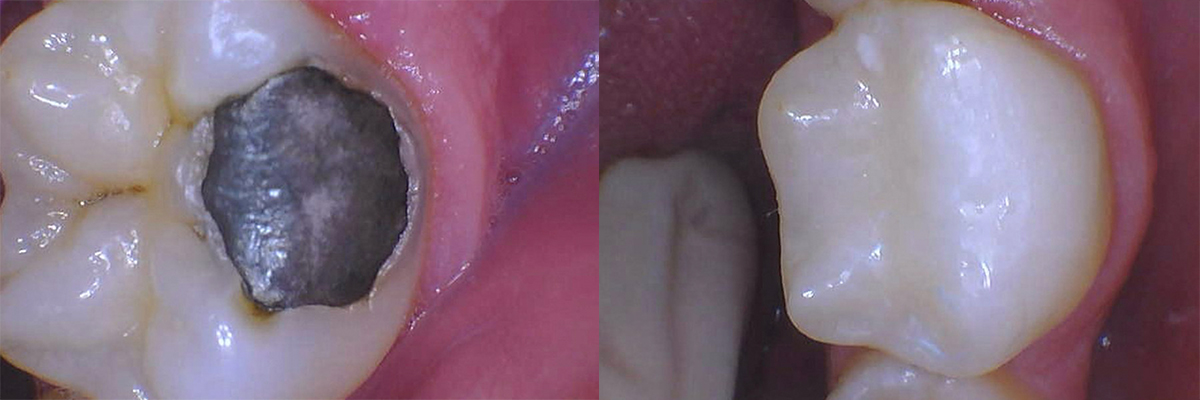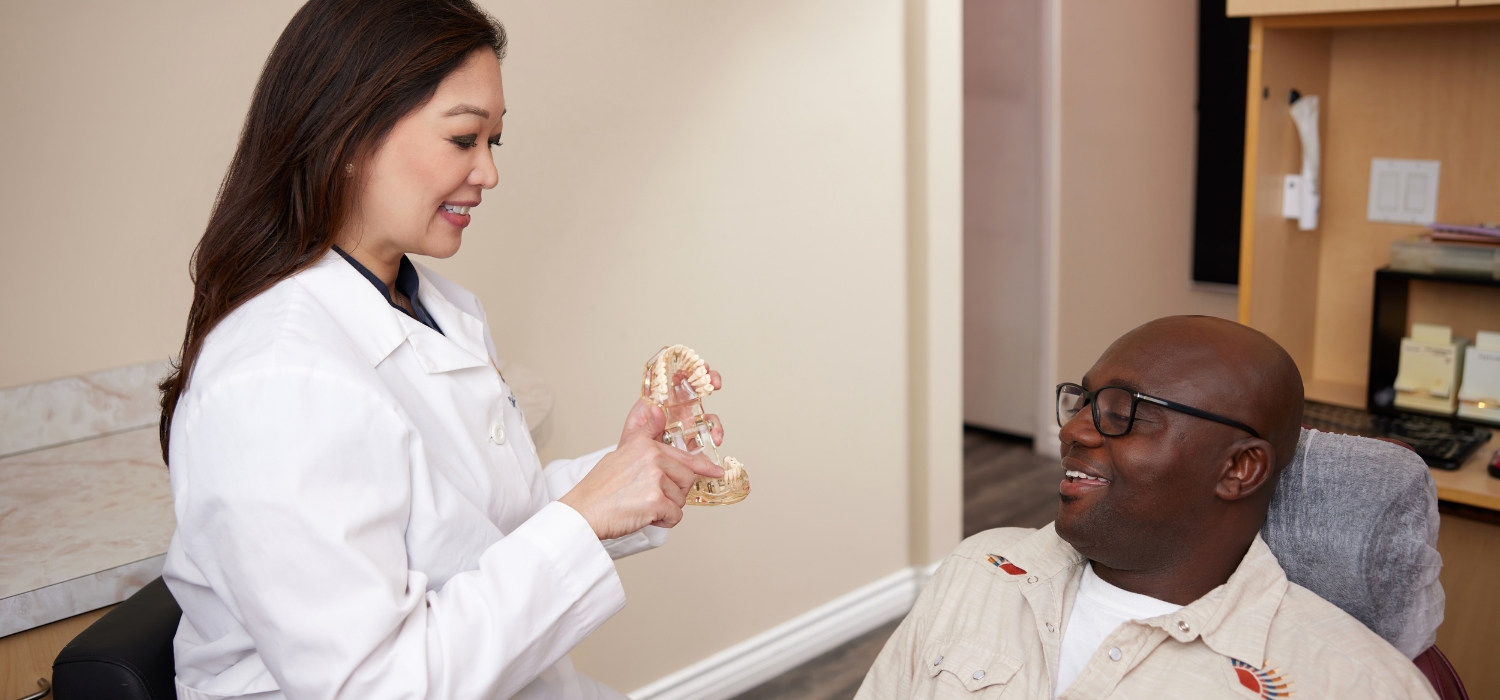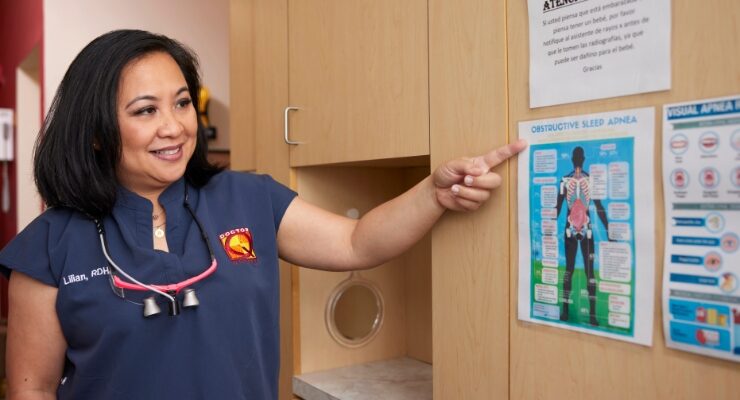What Will Happen During My Procedure?
If a cavity is detected when you come in for your check-up, we will schedule a treatment that works with your schedule. When you come back for the procedure, Dr. Q will use the digital images and information from Cariview to guide her through the procedure, which involves:
- Numbing the area to prevent pain. You also have the option of nitrous oxide to help calm you during the procedure or oral sedation for extreme cases of dental anxiety.
- Removing all decay from your tooth and cleaning the area before placing the filling.
- Applying a tooth-colored composite to fill in the missing tooth structure.
- Drying the composite using a special light that speeds the process.
One filling usually takes no more than thirty to forty minutes, and you will be out the door and back to normal the same day.
How Will I Feel After My Dental Filling?
It’s important to remember that an area of your mouth will be numb for a few hours after treatment. You will need to be cautious and wait until it wears off to eat to avoid biting too hard. Other than that, you may feel some minor symptoms such as:
- Soreness from the anesthesia injection.
- Sensitivity around the filling.
- Swelling around the gum tissue surrounding the filling.
These will subside within a few days of your procedure and can be managed by taking over-the-counter pain relievers.
Read Our Reviews
Bad Habits That Contribute to Your Need for Dental Fillings
Our practice in the Monrovia area focuses more on nurturing good patient habits than simply recommending treatment. During your check-up, Dr. Q will ask questions about your diet and other habits contributing to tooth decay. If she notices that you suddenly have cavities after a history of good dental health, she will try to discover the underlying cause so that you can avoid additional dental fillings in the future. The most common causes of cavities include:
- Consuming more sugar, particularly refined sugar and high-fructose corn syrup.
- Eating frequent snacks vs. three balanced meals. This produces more saliva which wears away at your teeth.
- Not brushing or chewing gum with Xylitol after meals.
By providing this additional step of assessment, we ensure that our patients are aware of the cause of their tooth decay and give them simple ways to correct it.
Real Patient Results

Preventing Cavities With Healthy Habits
There is a right way to take care of your teeth, and we are happy to spend time helping you find out what you can change to prevent cavities. Each consultation is an opportunity for you to ask questions and for us to help you achieve some of the best possible dental health. We’re here to help you maintain and improve your dental health.
To schedule a consultation, contact our office in the Monrovia area at (626) 599-9819. We’re always happy to answer any questions you have regarding your treatment options.
 With the quantity of sugar and our modern eating habits, our teeth are more susceptible to decay than ever. According to the American Dental Association, tooth decay is one of the most common chronic diseases in childhood with more than half of kids ages 5-9 having at least one cavity filled. At our practice in the Monrovia area, even young children who haven’t lost their baby teeth come in with cavities. The treatment is removing decay and filling the tooth to preserve the structure and prevent decay from eroding the:
With the quantity of sugar and our modern eating habits, our teeth are more susceptible to decay than ever. According to the American Dental Association, tooth decay is one of the most common chronic diseases in childhood with more than half of kids ages 5-9 having at least one cavity filled. At our practice in the Monrovia area, even young children who haven’t lost their baby teeth come in with cavities. The treatment is removing decay and filling the tooth to preserve the structure and prevent decay from eroding the: 


